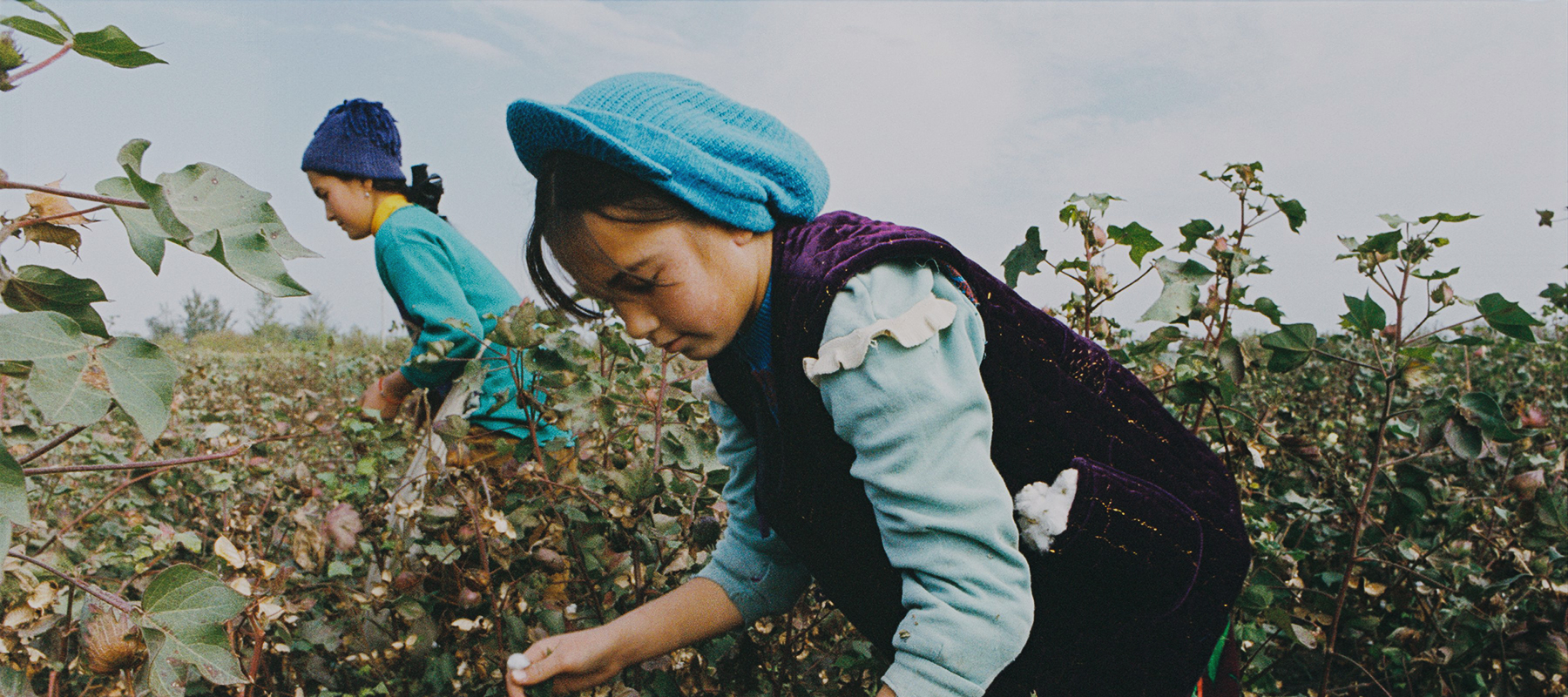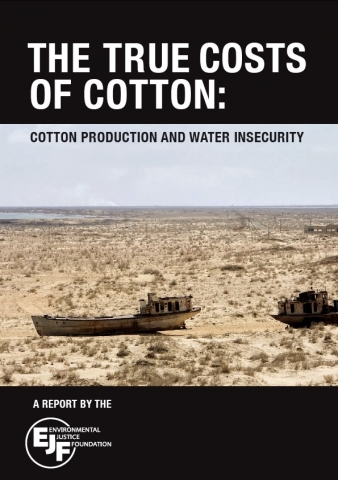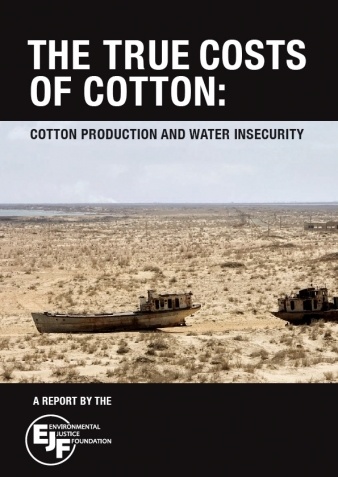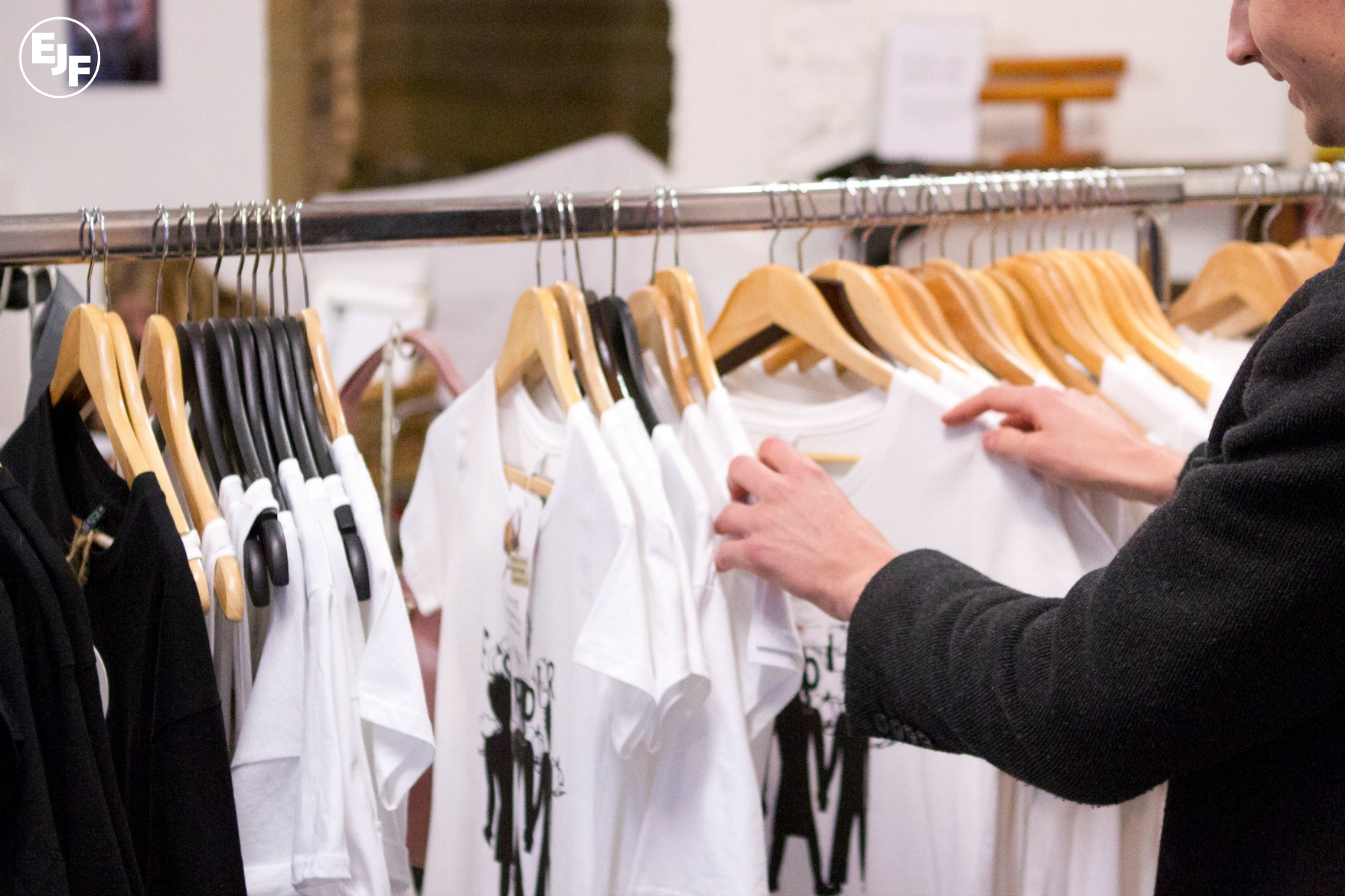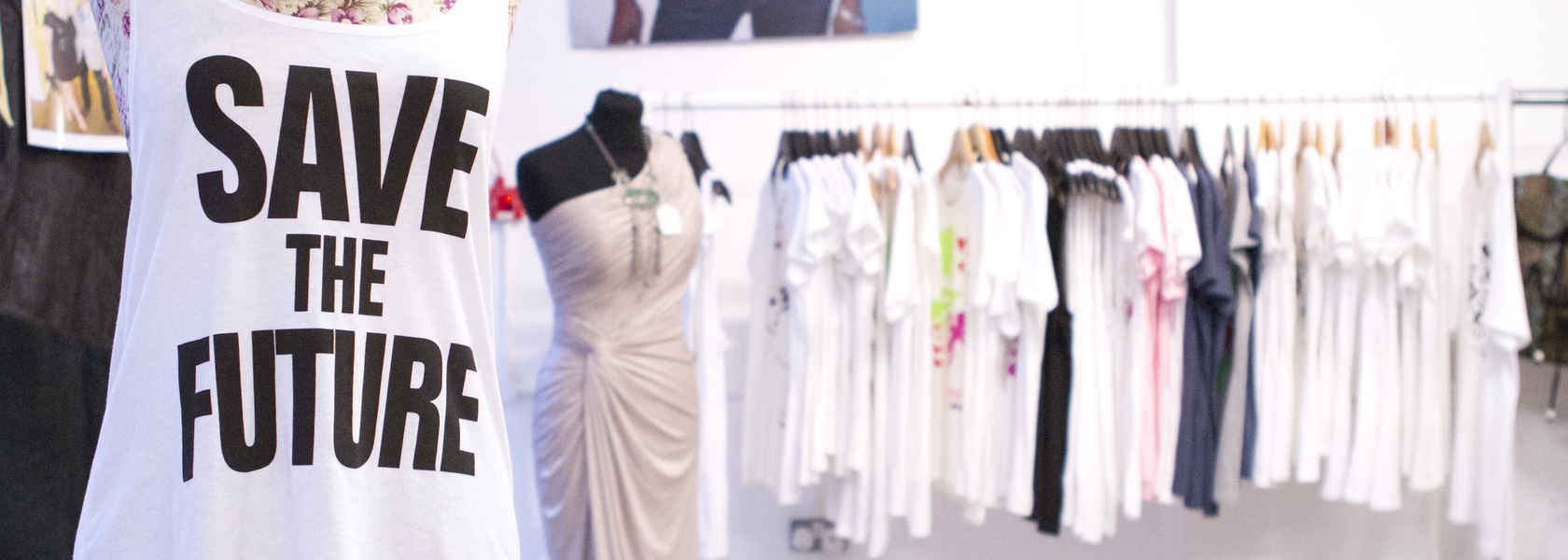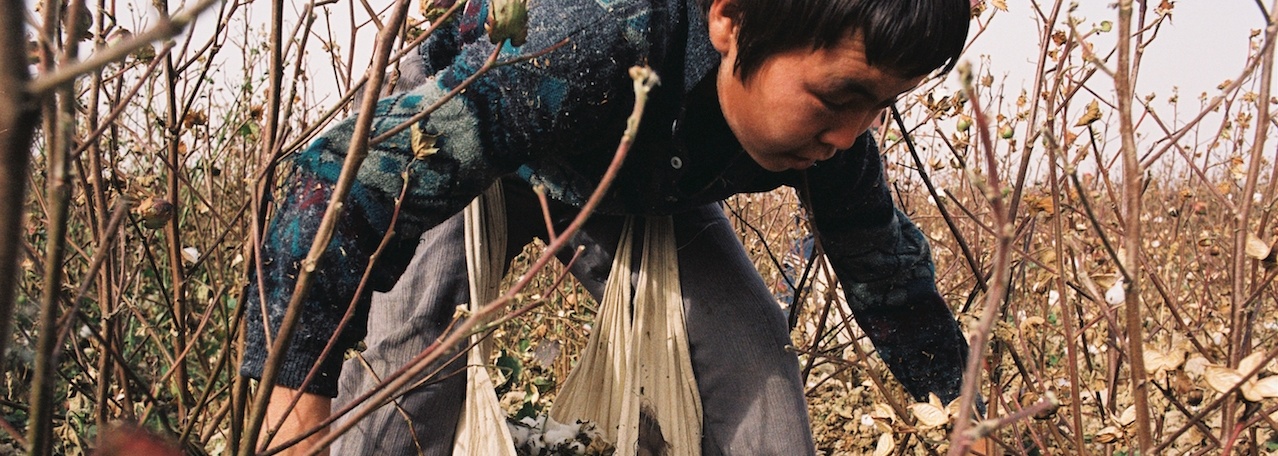The production of cotton - or White Gold - is a lucrative business. Tens of millions of tonnes of cotton are produced each year for an industry worth billions of dollars. But cotton is also one of the ‘dirtiest’ and ‘thirstiest’ crops on the planet, consuming high levels of pesticides and water. Our demand for cheap cotton is fuelling severe human rights abuses and causing an environmental catastrophe.
Since 2005, EJF has worked to raise awareness of the environmental and human rights abuses in the global cotton industry. In our investigations - the Children Behind Our Cotton, Slave Nation, the Deadly Chemicals in Cotton and Somebody Knows - EJF has uncovered the true costs of our global cotton addiction and showcased just how transparency in the supply chain could be achieved. Our report Moral Fibre: the Cool Option for a Heating Planet outlines how organic cotton is a key part of the solution to the harms caused by conventional cotton and the fashion industry more broadly.
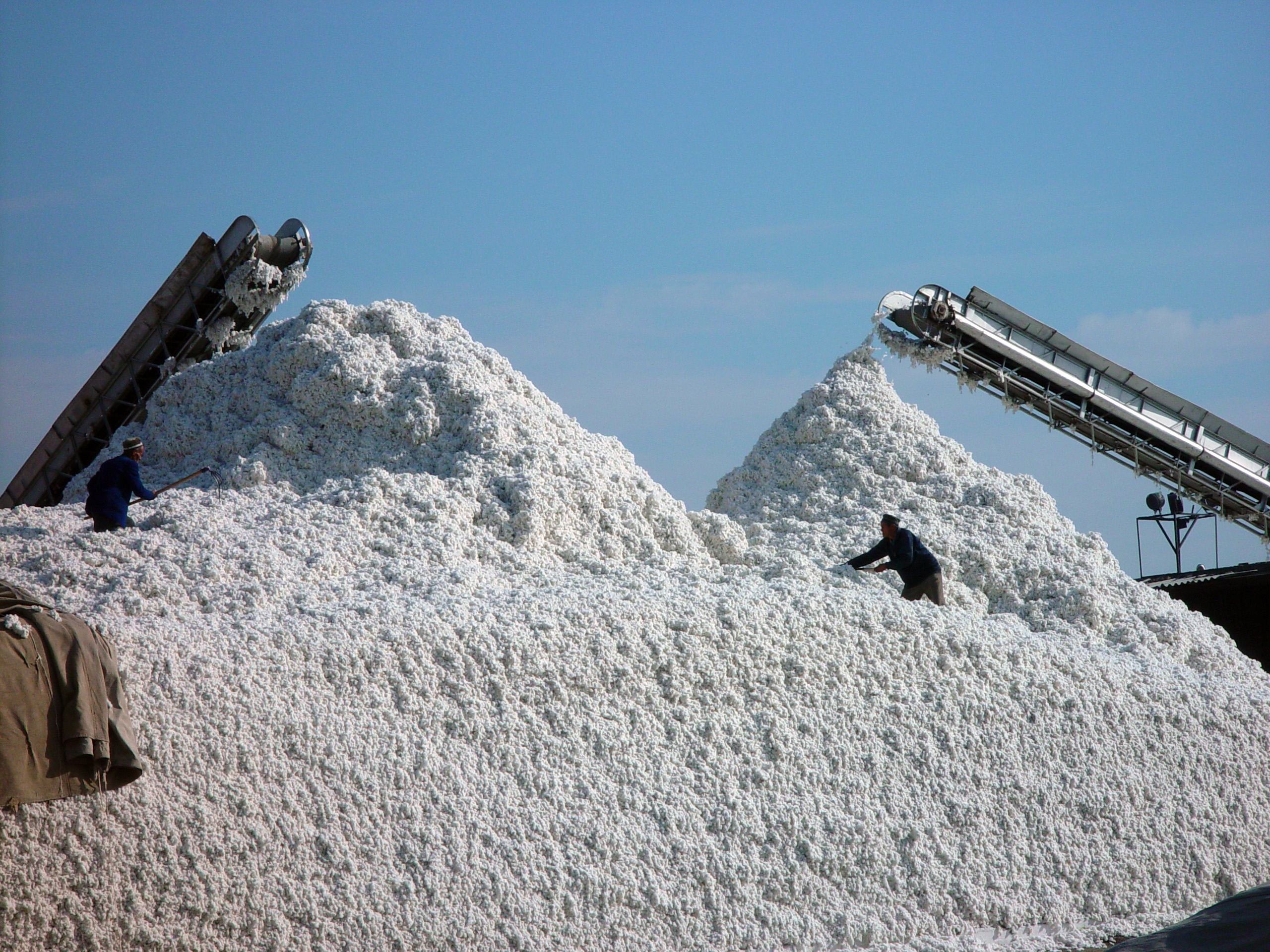
Deadly chemicals
The cotton crop is grown on less than 2.5% of the planet’s arable land but globally accounts for 4.4% of pesticide use and nearly 9.5% of insecticide use. Many of these chemicals are considered hazardous by the World Health Organisation, posing serious health risks to those who work with them and to the wider community. Prolonged exposure to pesticides can cause poisoning, chronic illness and death.
As well as threatening human health, pesticides and fossil-fuel based fertilizers used in cotton production also degrade the health of the planet. Pesticide and fertilizer runoff can contaminate nearby waterways and soils, creating toxic chemical build-ups that can devastate wildlife.
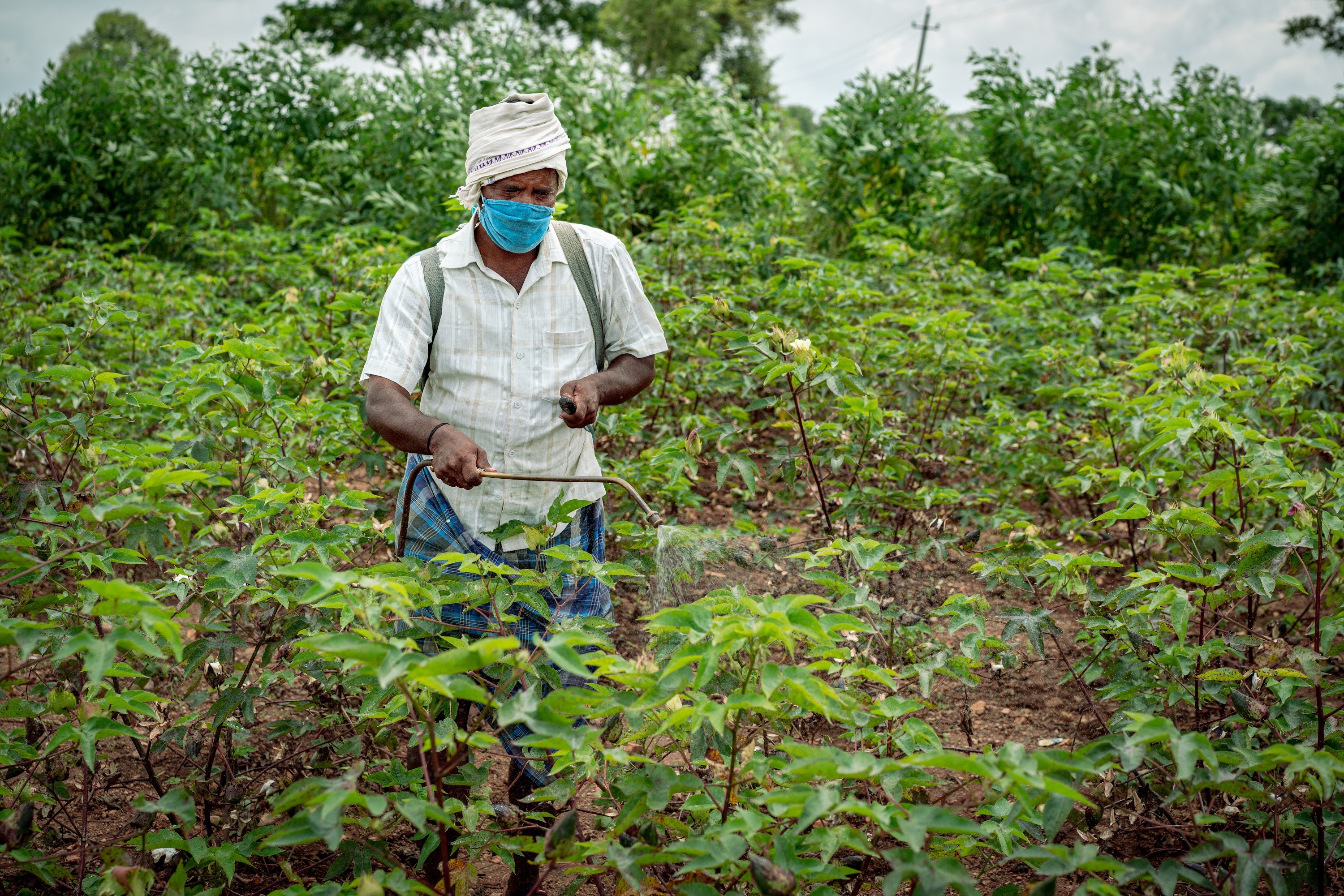
Water use
Conventional cotton demands high levels of water, with surface and ground waters being extracted to irrigate the crop. A staggering 2,700 litres of water are required to make a single cotton shirt. This could provide 2.5 years’ worth of drinking water to one of the 2 billion people living in countries with inadequate water supply.
Human rights abuses
From Asia to Africa, millions of children under the age of 18 are exploited by the cotton industry. Systemic forced labour also continues, and cotton is thought to be one of the most common products produced through child and forced labour in at least 18 countries.
A sustainable alternative
EJF is campaigning for the fashion industry to support the rapid transition to organic cotton as a sustainable and ethical material that supports rural livelihoods and secures a healthy environment. Organic cotton is grown without synthetic inputs and with natural methods. It has been calculated that in certain climates organic cotton can reduce the global warming potential of the material by up to 46%, whilst reducing primary energy demand by 62%, acidification potential by 70% and eutrophication potential by 26%. Incredibly, organic cotton also has the potential to reduce water consumption by a staggering 91%, massively reducing the demands of the industry and putting less pressure on already scarce water reserves.
As well as reducing the use of costly inputs in cultivation, organic cotton carries a premium that benefits small-scale producers. Organic cotton is a ‘win-win’ for nature and livelihoods.
This production approach should be integrated into transparent supply chains that safeguard against human rights abuses and environmental degradation, contributing to a fashion industry that is fairer for all.
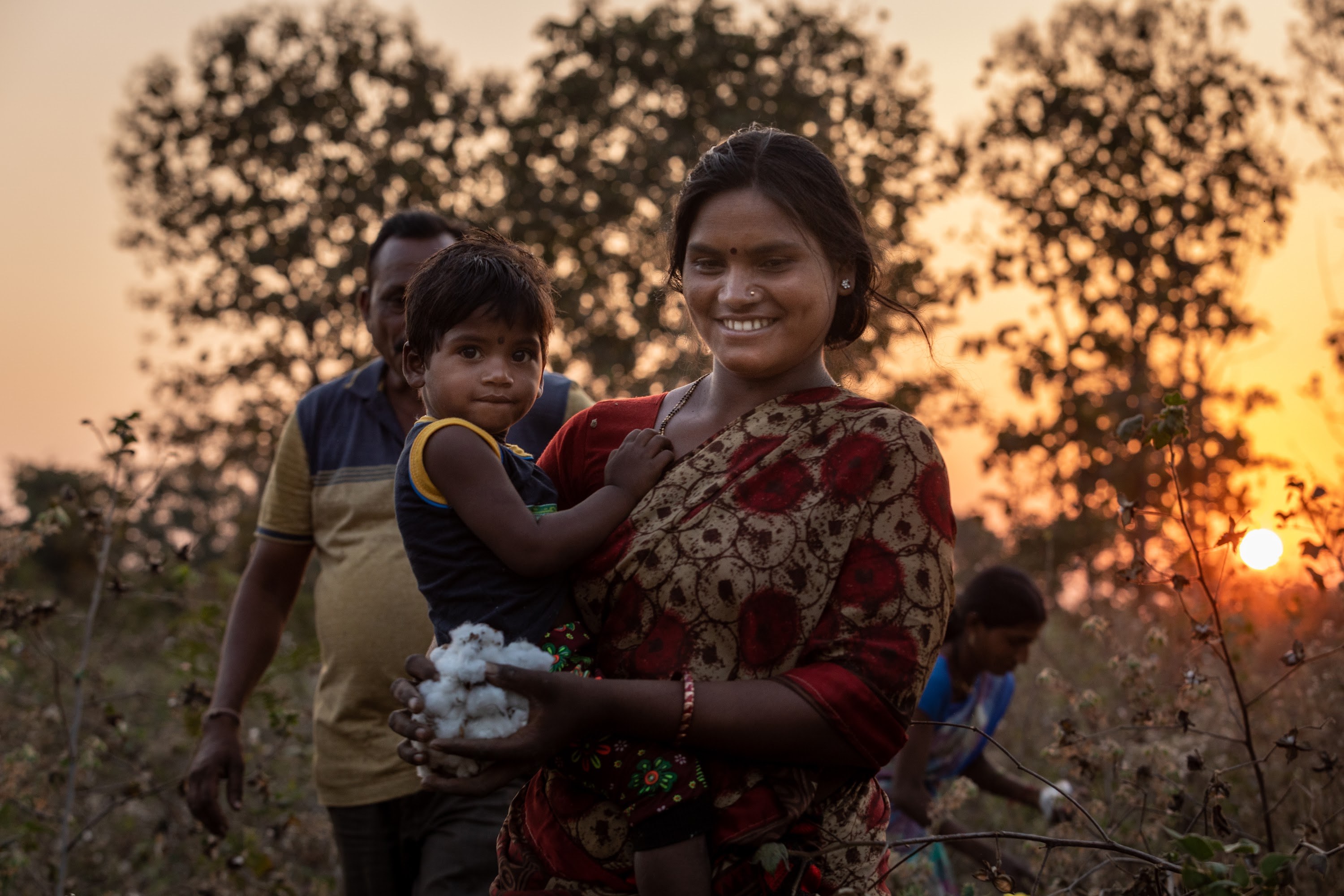
SIGN UP FOR OUR EMAILS AND STAY UP TO DATE WITH EJF
